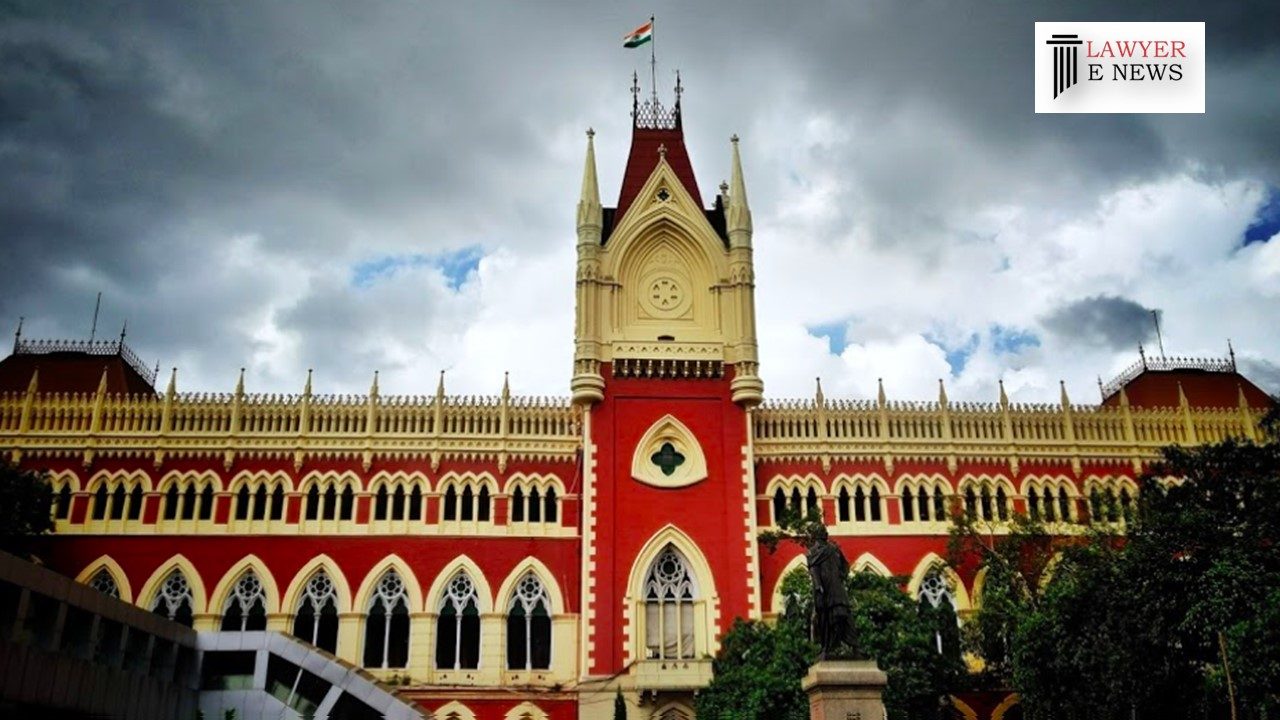-
by Admin
15 February 2026 2:36 AM



In a significant judgment delivered by the Hon’ble Justice Shampa Dutt (Paul) of the High Court at Calcutta, the court has quashed the defamation proceedings under Sections 499 and 500 of the Indian Penal Code against Dr. Sima Banerjee. The court ruled that the statements made by Dr. Banerjee fall within the ninth exception of Section 499 IPC, affirming that there was no intent to harm the reputation of the complainant, thereby lacking the necessary ingredients for a defamation charge.
The central legal issue in CRR 992 of 2022 was whether the statements made by Dr. Sima Banerjee in a televised interview, which were perceived as defamatory by Dr. Barnali Chattopadhyay, were genuinely defamatory under the definitions provided by Sections 499 and 500 of the IPC. The court examined the applicability of the exceptions under Section 499, particularly focusing on whether these statements were made in good faith for the protection of her interests or those of the public.
The conflict originated from internal college politics and administrative disputes at Hooghly Women’s College, where Dr. Banerjee, the principal, was accused by Dr. Chattopadhyay, an associate professor and former teacher-in-charge, of defamation following a public interview. In the interview, Dr. Banerjee discussed the disruptive political influences within the college’ allegedly implicating Dr. Chattopadhyay and others in these issues. Dr. Chattopadhyay subsequently initiated defamation proceedings against Dr. Banerjee.
Justice Dutt meticulously analyzed the submissions, evidence, and the context in which the statements were made. The judgment referenced several precedents, notably Subramanian Swamy vs. Union of India (2016), emphasizing the necessity of proving intent to harm for defamation to stand, and scrutinized whether the impugned statements were covered by any exceptions under Section 499 IPC.
Intent and Harm: The court observed that the statements made by Dr. Banerjee did not demonstrate an intent to harm Dr. Chattopadhyay’s reputation but were rather comments on the general chaos within the college influenced by political elements.
Applicability of Exceptions: The judgment found that the remarks were made in good faith under the ninth exception for the protection of the petitioner’s interest, aligning with the need to address and rectify the ongoing administrative and political issues in the college.
Judicial Scrutiny: The court criticized the lower court’s mechanical processing of the defamation complaint without sufficient judicial scrutiny to establish the basis of the defamation claim.
Decision: The High Court ordered the quashing of the FIR and all related proceedings against Dr. Sima Banerjee, underscoring the absence of the requisite elements for defamation and the application of relevant exceptions under the IPC. The ruling marks a significant point in the judicial handling of defamation cases, particularly involving complex situations like internal disputes in educational institutions.
Date of Decision: 02.05.2024
Dr. Sima Banerjee Vs Dr. Barnali Chattopadhyay
